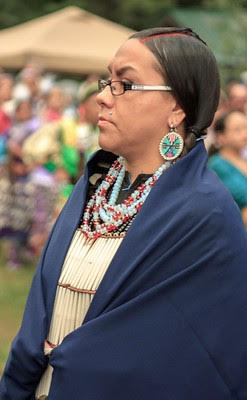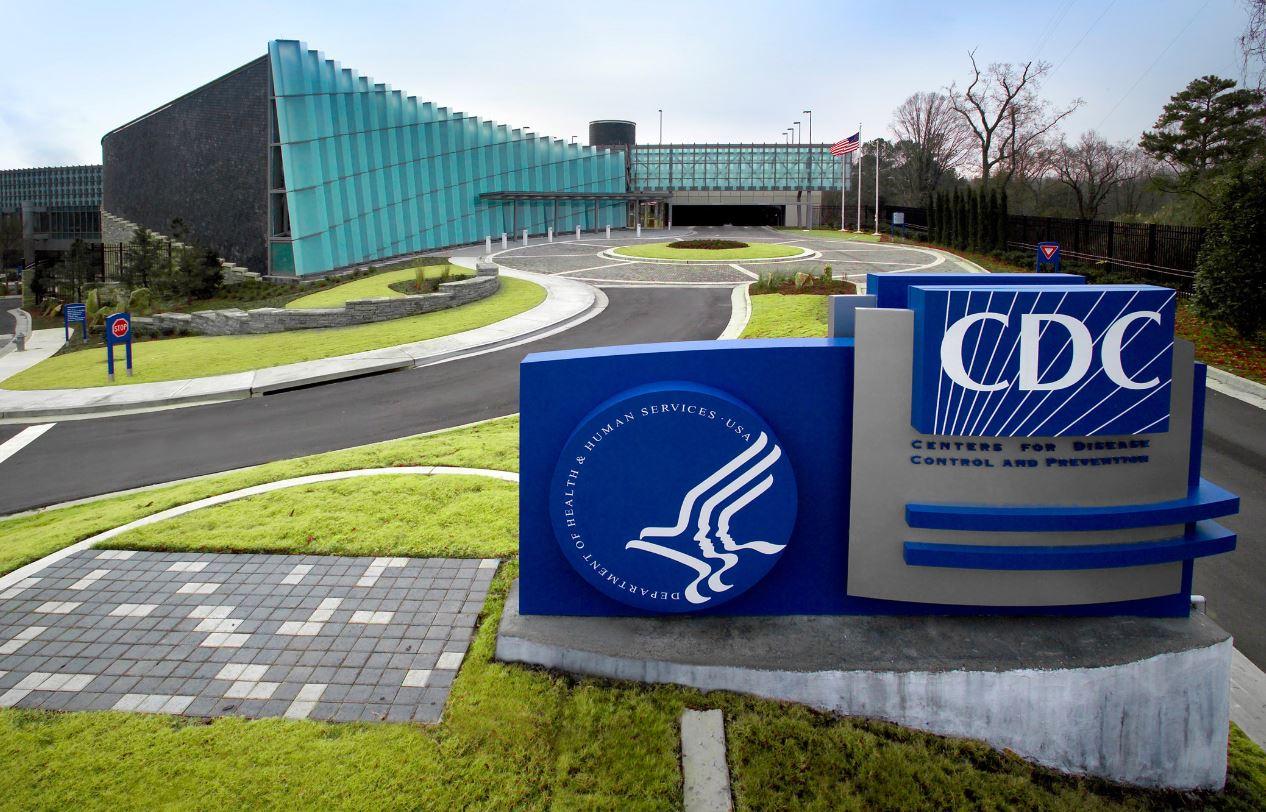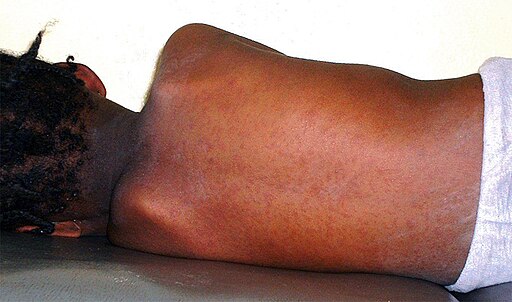
Three months after COVID-19 infection, 40% of adults and 16% of children living on the Navajo Nation or White Mountain Apache Tribal lands in Arizona still had symptoms, suggests a study published last week in PLOS Global Public Health.
A Johns Hopkins University-led team used nasal swab and antibody testing, electronic health records, and interviews to track the COVID-19 symptoms of 258 Indigenous adults and 84 children who tested positive from February 2021 to August 2022, with 3 months of follow-up.
"When adjusted for age, persons classified as American Indian and Alaska Native (AI/AN) were 1.6 times more likely to become infected, 2.4 times more likely to be hospitalized, and 2.0 times more likely to die because of COVID-19 than non-Hispanic White Americans, even among individuals with lower levels of co-morbidities," the researchers wrote.
Vaccination linked to lower long-COVID risk in adults
In total, 82.9% of adults and 42.9% of children completed the COVID-19 vaccination series before they were infected. The vast majority (98.4% of adults, 90.5% of children) had mild, symptomatic infections, and 57.8% and 39.3%, respectively, reported at least six symptoms.
While the absence of a control group is a limitation, these findings highlight the potential ongoing healthcare needs related to PCC in Indigenous populations.
A total of 39.8% of adults and 15.9% of children still had symptoms at 3 months, meeting the criteria for long COVID, or post-COVID condition (PCC). The most common symptoms were fatigue, cough, headache, nasal congestion, and muscle pain.
Long-COVID risk factors for adults enrolled during Omicron predominance were older age and hospitalization during acute infection, while vaccination was protective. A multivariable analysis also found that COVID-19 vaccination was tied to a lower risk of long COVID (risk ratio, 0.56).
Nearly all (95.2% of adults and 66.7% of children) had SARS-CoV-2 antibodies, indicating COVID-19 vaccination and/or previous infection.
"While the absence of a control group is a limitation, these findings highlight the potential ongoing healthcare needs related to PCC in Indigenous populations," the study authors noted.



.jpg)











